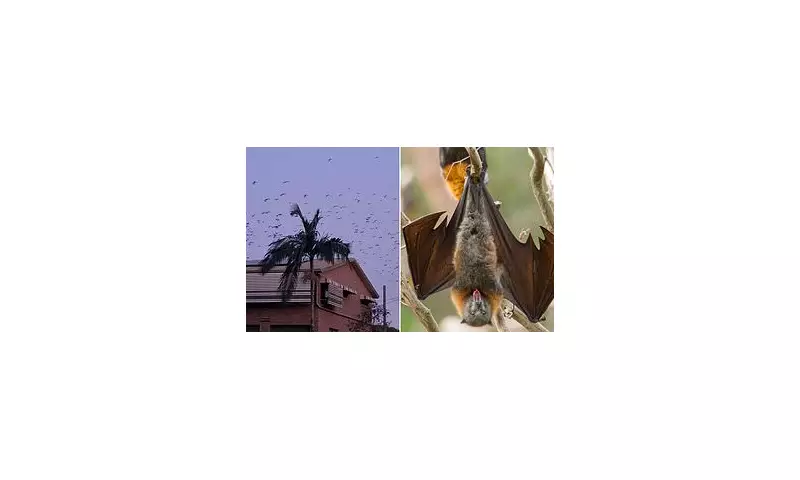
Massive Bat Invasion Plunges Property Values to 'Basically Zero'
The regional city of Gympie in southeast Queensland faces an unprecedented crisis as a colossal colony of flying foxes has transformed the area into what residents describe as an unlivable zone. The Gympie Regional Council is now urgently appealing to both state and federal governments to implement a home buyback scheme for affected property owners.
According to official council counts, the flying fox population at Commissioners Gully parkland reached a staggering 320,000 during 2021, establishing one of Australia's largest bat roosts directly near the city centre. The situation has deteriorated significantly in recent years, creating what many residents call an unbearable living environment.
Residents' Lives Turned Upside Down
Christopher Nevin and his partner represent the human cost of this ecological crisis. The couple purchased their Gympie home aware of existing bats but never anticipated the population explosion that would occur over the past four years. "We've scooped three dead bats from our yard," Mr Nevin revealed, highlighting the severe health risks posed by the protected species.
The bats have caused extensive damage through their incessant screeching, overwhelming filth, and destructive behaviour. Fallen branches, caused by the weight of roosting bats, have damaged properties throughout the affected area. Beyond physical damage, residents report significant mental health impacts from the constant noise and disruption.
Protected Species Versus Human Habitation
Flying foxes enjoy comprehensive protection under Queensland's Nature Conservation Act and federal legislation, with some species like the grey-headed Flying-fox classified as vulnerable. While recognised as crucial pollinators and seed dispersers in Australia's ecosystem, their proximity to human populations creates complex challenges.
Gympie Mayor Glen Hartwig emphasised the legislative constraints, stating that current laws "significantly restrict" opportunities to relocate the bats. He firmly believes the government should deploy its "chequebook" to rescue residents who were established in the area long before the bats moved in.
Councils currently have limited options for managing flying fox numbers in populated areas, restricted to non-lethal measures such as tree branch trimming and using sprinklers for dispersal. Meanwhile, property values in affected neighbourhoods have plummeted to what residents describe as "basically zero," creating financial imprisonment for homeowners who cannot sell their properties.
The proposed buyback scheme faces practical challenges, as Mr Nevin articulated: "We have a mortgage, it would only be okay if we could pay off the entire mortgage and set ourselves up for a new place." This sentiment echoes throughout the community, where residents seek fair compensation that acknowledges their substantial financial losses.
As the standoff continues between protected wildlife and distressed residents, the Gympie council maintains its advocacy for legislative changes that would balance species conservation with human welfare, urging governments to recognise that "their lives are more important than the bats."





